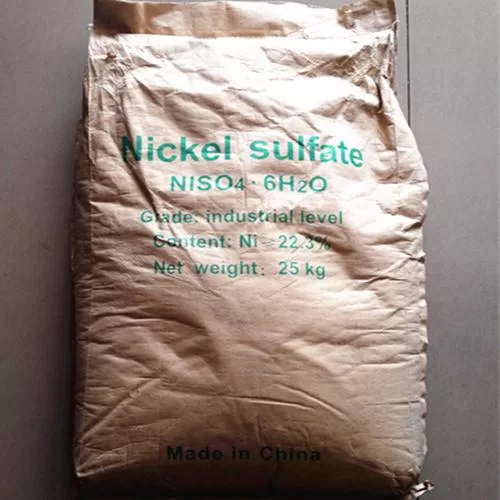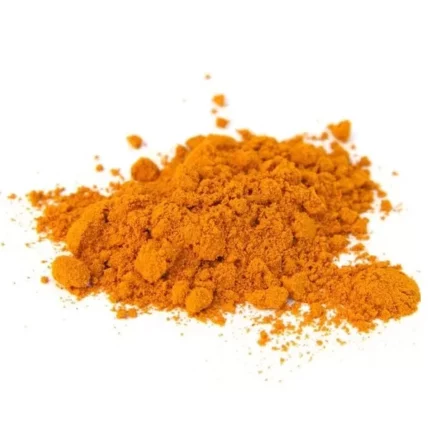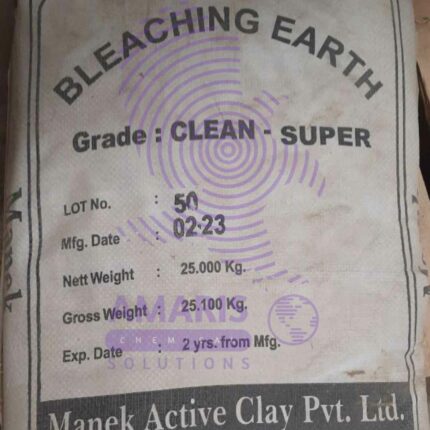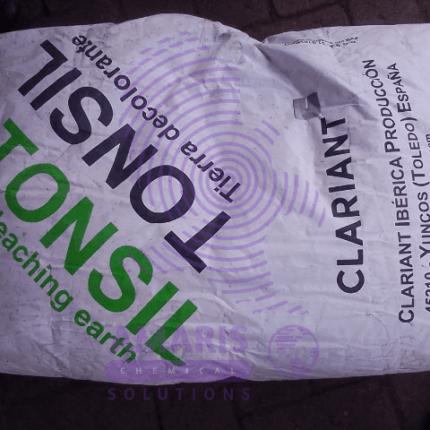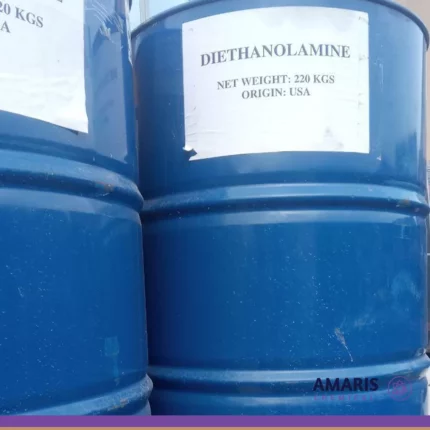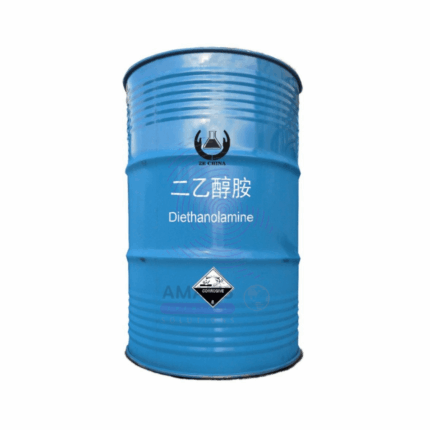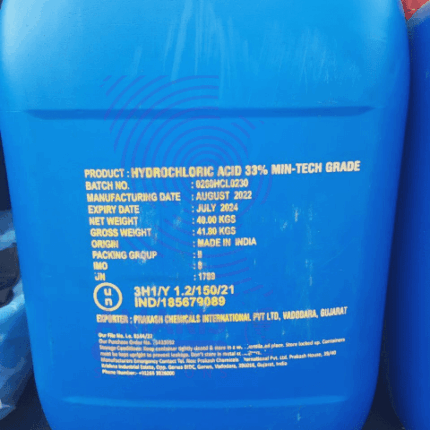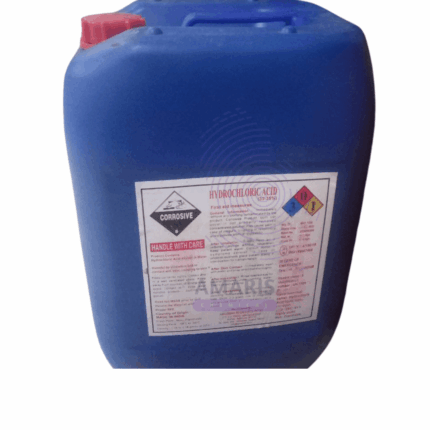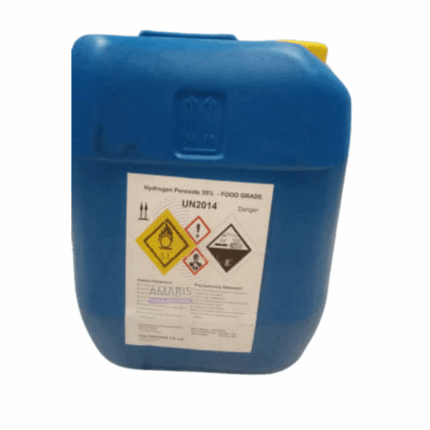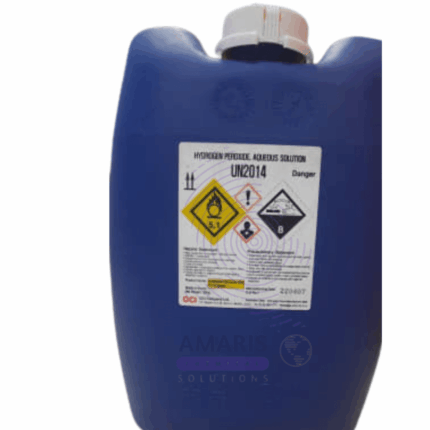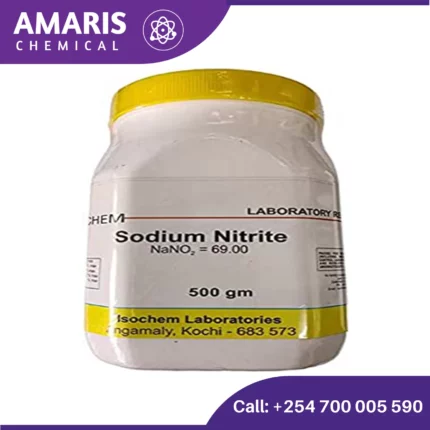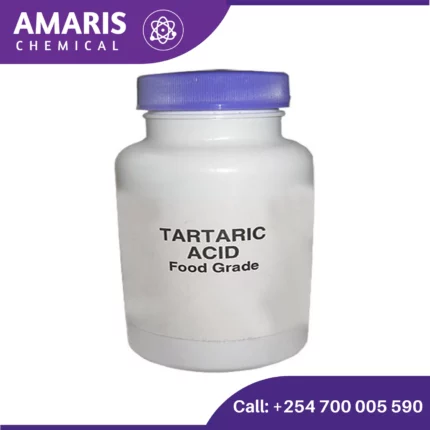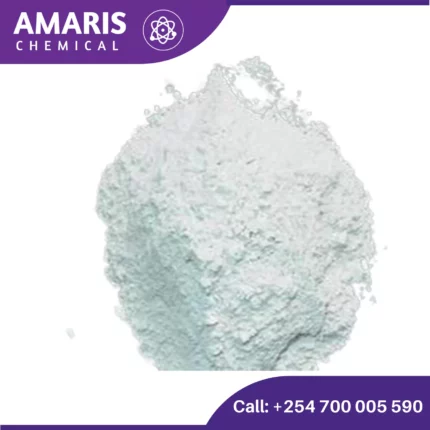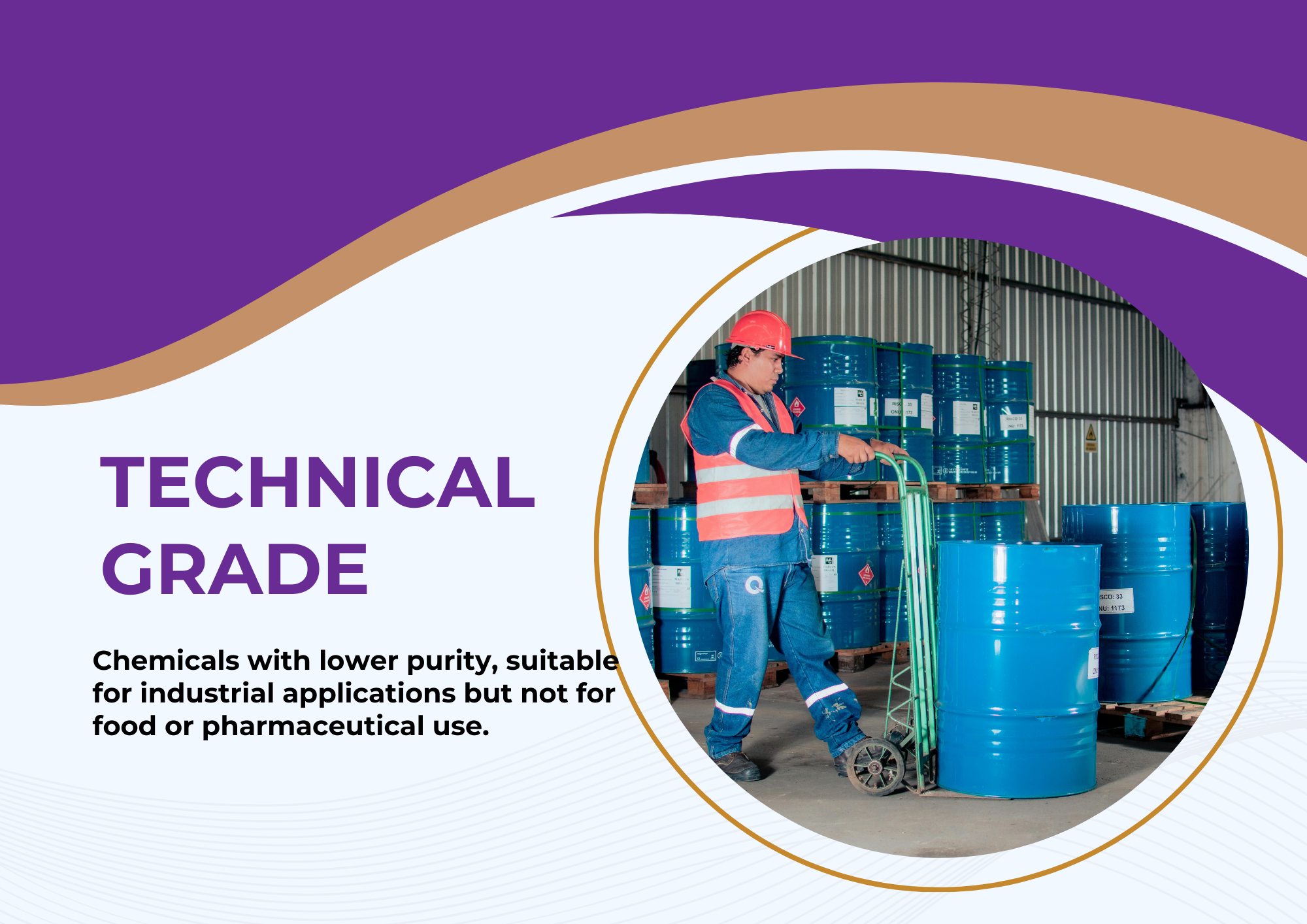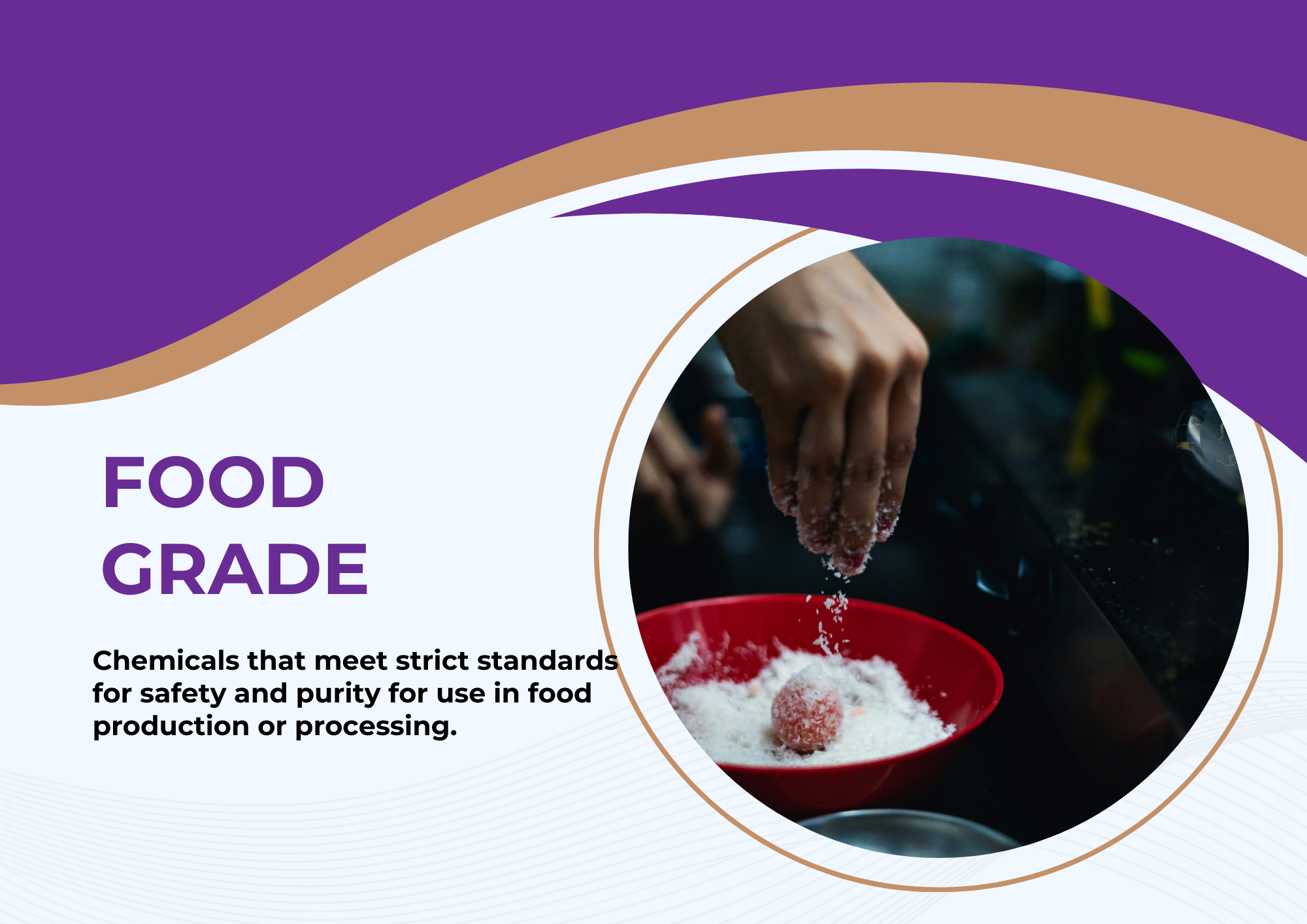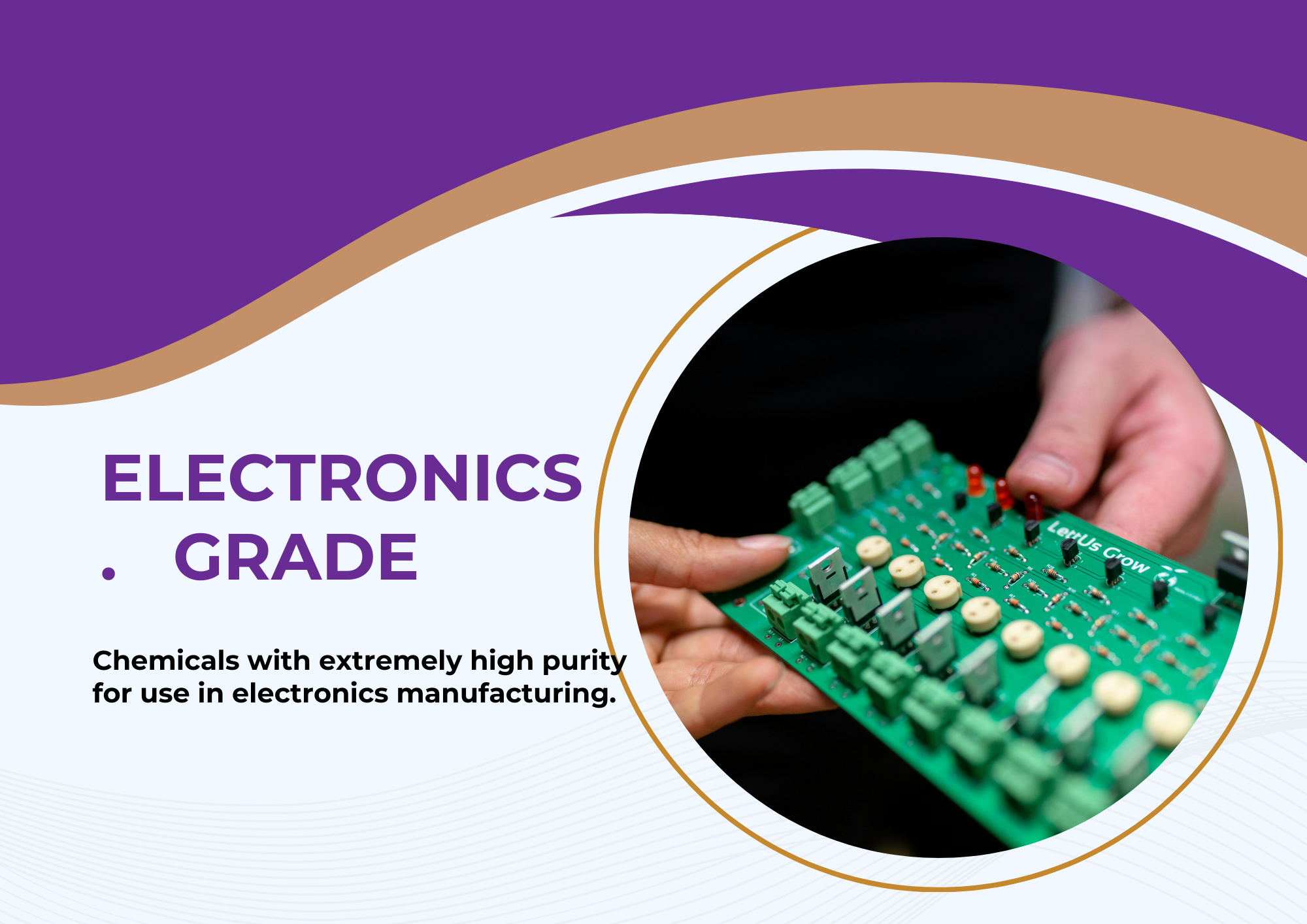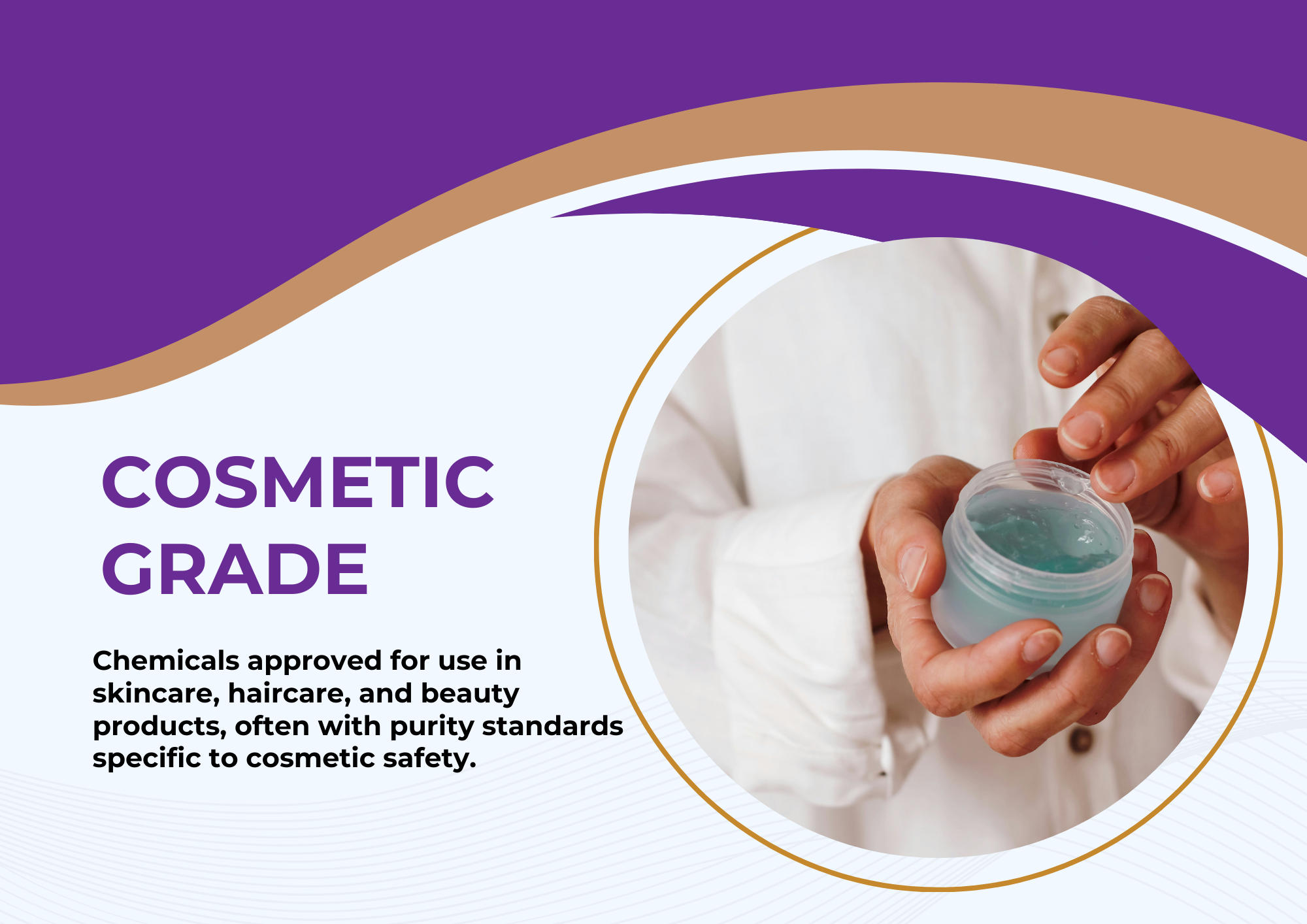“Tartaric Acid 500gm” has been added to your cart. View cart
“Tartaric Acid 500gm” has been added to your cart. View cart
Back to products
![Powder Sodium Mono Fluoro Phosphate [Na2PO3F]](https://amarischemicalsolutions.com/wp-content/uploads/2025/05/Powder-Sodium-Mono-Fluoro-Phosphate-amaris-chemical-solutions-jpg-430x430.webp)
![Powder Sodium Mono Fluoro Phosphate [Na2PO3F]](https://amarischemicalsolutions.com/wp-content/uploads/2025/05/Powder-Sodium-Mono-Fluoro-Phosphate-amaris-chemical-solutions-jpg-430x430.webp)
Powder Sodium Mono Fluoro Phosphate [Na2PO3F]
KSh6,700.00 Original price was: KSh6,700.00.KSh6,500.00Current price is: KSh6,500.00.
Nickel Sulphate [NiSO4(H2O)6]
KSh6,500.00 Original price was: KSh6,500.00.KSh6,400.00Current price is: KSh6,400.00.
Nickel sulfate, also known as nickel(II) sulfate or just nickel sulfate, is a chemical compound with the formula NiSO₄. It is a crystalline solid that is highly soluble in water. Here are some key points about nickel sulfate:
- Chemical Formula: NiSO₄
- Appearance: Nickel sulfate usually appears as a green or blue crystalline solid, depending on its hydration state.
- Hydrates: It forms several hydrates, the most common being the hexahydrate (NiSO₄·6H₂O), which is blue in color.
- Solubility: It is highly soluble in water, which makes it easy to dissolve in aqueous solutions.
- Applications:
- Electroplating: Nickel sulfate is commonly used in electroplating to apply a layer of nickel onto metals.
- Catalysis: It serves as a catalyst in certain chemical reactions.
- Ink Manufacturing: It is used in the production of ink.
- Battery Manufacturing: Nickel sulfate is used in the production of rechargeable batteries, particularly nickel-cadmium batteries.
- Agriculture: It is sometimes used as a micronutrient in fertilizers for crops.
- Hazards: Nickel sulfate is toxic if ingested or inhaled in large amounts. Prolonged exposure can cause skin allergies or respiratory issues in sensitive individuals.
SKU:
ACS86872CHEM0
Category: Catalysts
Description
Nickel Sulphate
- Electroplating: One of the most significant uses of nickel sulfate is in electroplating. It is commonly used to electroplate nickel onto metal surfaces, providing corrosion resistance, improved wear resistance, and aesthetic appeal. Nickel-plated items include automotive parts, household goods, and industrial machinery components.
- Battery Manufacturing: Nickel sulfate is essential in the production of rechargeable batteries, particularly nickel-cadmium (Ni-Cd) and nickel-metal hydride (Ni-MH) batteries. It serves as a key component in the formulation of battery electrode materials, contributing to the battery’s performance and longevity.
- Catalysis: Nickel sulfate acts as a catalyst in various chemical reactions, particularly in organic synthesis and hydrogenation processes. It facilitates reactions by lowering activation energy, enhancing reaction rates, and improving selectivity in certain chemical transformations.
- Ink Manufacturing: In the printing industry, nickel sulfate is used in the formulation of specialty inks, such as those used in gravure and flexographic printing processes. These inks often require specific chemical properties and adhesion characteristics that nickel sulfate helps achieve.
- Agricultural Applications: Nickel is an essential micronutrient for plant growth. Nickel sulfate is used in agriculture as a fertilizer additive to address nickel deficiencies in soils, particularly in regions where the natural nickel content is insufficient for optimal crop growth. Nickel plays a crucial role in the metabolism of certain plants, contributing to their overall health and productivity.
Shipping & Delivery
Related products
Bleaching Earth 25kg
Tonsil bleaching earth, also known as activated bleaching clay or activated bleaching earth, is a type of natural clay material that has been specially processed to exhibit highly adsorptive properties. It is commonly used in various industries, particularly in the edible oil and fats industry, for the purpose of bleaching or purifying oils and fats.
The term "tonsil" in tonsil bleaching earth refers to the original method of production, which involved using a type of clay called "montmorillonite," named after the Montmorillon region in France. However, modern tonsil bleaching earth may not necessarily contain montmorillonite and can be derived from other clay minerals as well.
Tonsil bleaching earth works through a process called adsorption, where it attracts and binds impurities such as pigments, trace metals, free fatty acids, and other contaminants present in oils and fats. These impurities are adsorbed onto the surface of the clay particles, resulting in the purification of the oil or fat.
The term "bleaching" in tonsil bleaching earth does not refer to the traditional meaning of removing color, but rather to the removal of undesirable substances that can affect the quality, stability, and appearance of oils and fats. The bleaching process helps to improve the taste, odor, and shelf life of the final product.
In summary, tonsil bleaching earth is a specially processed clay material used in industries, primarily the edible oil and fats industry, for the purpose of adsorbing and removing impurities to enhance the quality and stability of oils and fats
Diethanolamine [C4H11NO2 or (CH2CH2OH)2NH]
Hydrochloric Acid ( HCL ) 40 kg
Hydrochloric acid (HCl) is a strong, colorless, and highly corrosive acid that is widely used in industry and laboratory applications. It is a solution of hydrogen chloride gas in water and is commonly known as muriatic acid. Hydrochloric acid is a highly reactive compound that can dissolve many metals and organic materials, and it is also an important component of the gastric acid in the stomach, where it helps in the digestion of food. Hydrochloric acid has a pungent odor and can cause severe burns and eye damage if handled improperly. It is commonly used in the production of PVC plastics, fertilizers, and various other chemicals, and it is also used in the petroleum industry for the removal of impurities from oil and gas wells.
Hydrogen Peroxide 50%
Hydrogen peroxide is a chemical compound with the molecular formula H2O2. It is a colorless and odorless liquid, which appears slightly more viscous than water. Hydrogen peroxide is a powerful oxidizing agent, meaning that it readily releases oxygen atoms in chemical reactions. It is commonly used as a disinfectant, bleaching agent, and in the production of other chemicals. In its pure form, hydrogen peroxide is highly reactive and can be dangerous, but when properly diluted, it can be used safely for a variety of applications.
Sodium Nitrite
Tartaric Acid 500gm
Tartaric acid is a naturally occurring organic acid found in many plants, particularly in grapes, bananas, and tamarinds. It is well-known for its significant role in the wine industry, where it helps stabilize the wine and contributes to its taste. Here are some key aspects and uses of tartaric acid:
Chemical Properties
- Chemical Formula: C4_44H6_66O6_66
- Molecular Weight: 150.09 g/mol
- Appearance: White crystalline powder
- Solubility: Soluble in water and alcohol
Natural Occurrence
Tartaric acid is widely found in nature, predominantly in fruits like grapes, apricots, and apples. The potassium salt of tartaric acid, known as potassium bitartrate or cream of tartar, is a byproduct of winemaking.Industrial Production
Commercially, tartaric acid is often produced as a byproduct of wine production. The process involves:- Extraction: The sediment left in wine barrels, known as "lees," is treated to extract potassium bitartrate.
- Purification: The crude potassium bitartrate is then purified and converted to tartaric acid.
Zinc Chloride 500gm
Zinc chloride (ZnCl₂) is a white crystalline solid that is highly soluble in water. It is hygroscopic, meaning it can absorb moisture from the air. Zinc chloride is commonly used in various industrial applications, such as a flux for soldering, a catalyst in organic synthesis, and a wood preservative. It also has uses in textile processing, chemical synthesis, and as a disinfectant. Due to its ability to dissolve in water and its caustic nature, it should be handled with care, using appropriate safety measures.

